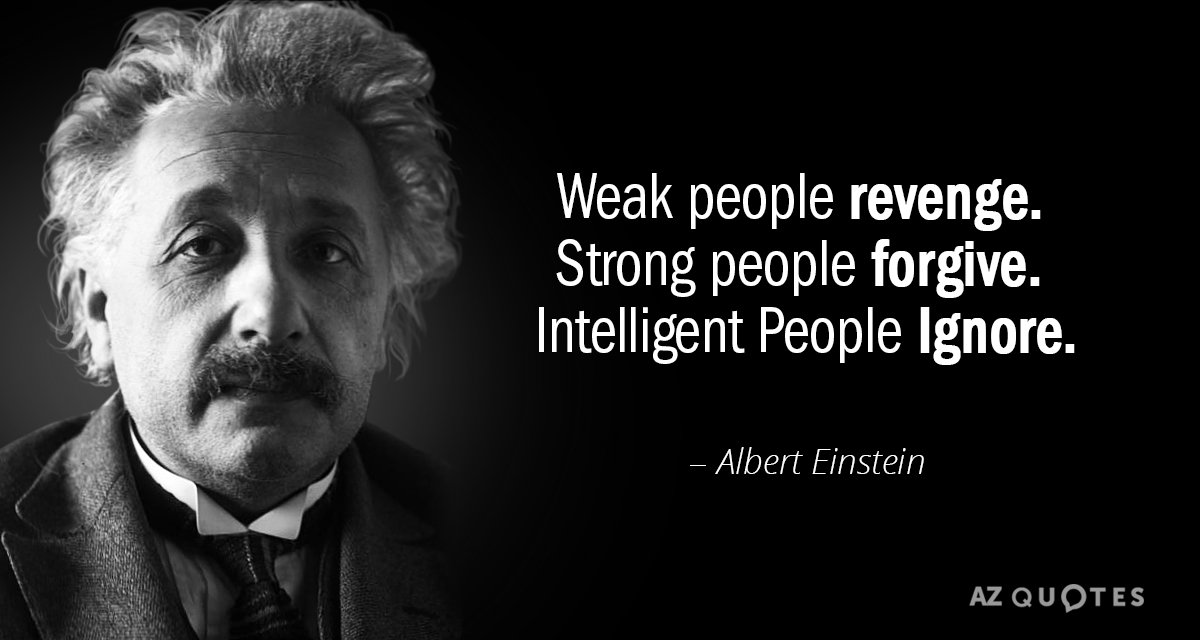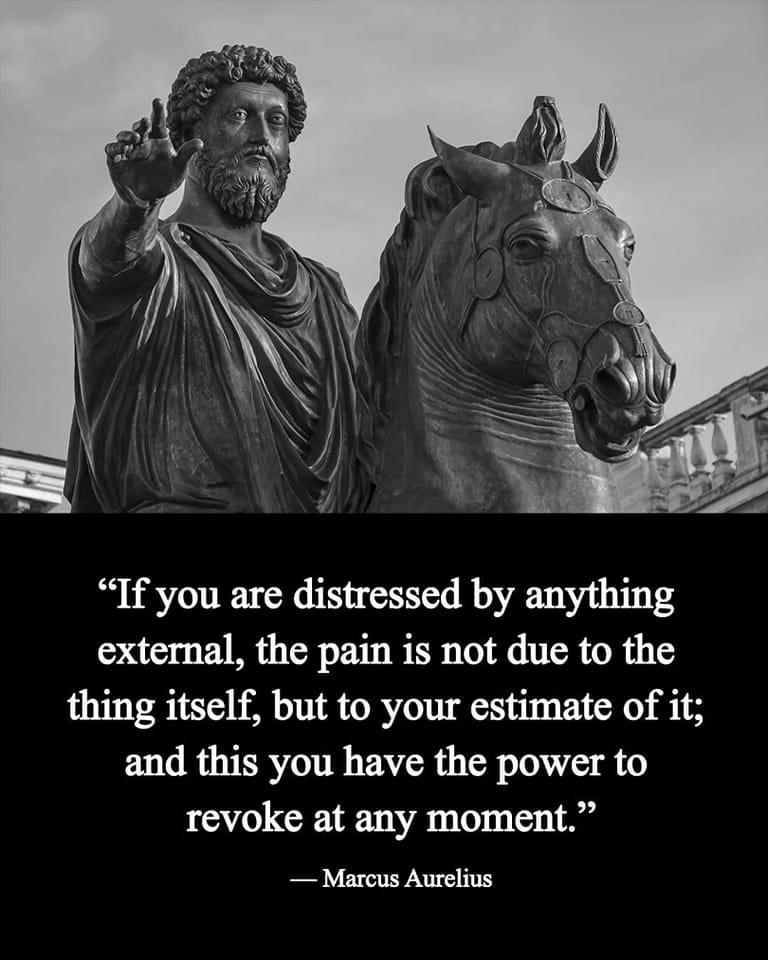Event, Meaning, Emotion, Reaction
In your relationships with things, including other humans, pets, inanimate objects and so on – you follow a pattern of behavior that you may want to examine.
1) Event
2) Meaning
3) Emotion
4) Reaction
Imagine you set a meeting with a friend, at your favorite coffee shop at 9am on Tuesday. You show up at 8:55am to the meeting and wait for your friend. Fifteen minutes go by and the friend is a no-show. You sit there, waiting, not sure if to order coffee and food, or keep waiting. Mind you, that you are getting hungrier, you have to go work and be at a meeting at 10:30, and your time is precious…
Your Reaction to this Event is going to be determined by the Meaning you assign to it, and the ensuing Emotion.
Your friend shows up to the meeting at 9:45am and:
Scenario 1 –
Friend: Oh, hi, I hope I am not too late. I stopped on the way to shop for a greeting card for Mother’s Day. I know it is three months from now, but I thought I might as well. Then I forgot to record a TV show about painting garden gnomes, so I went back home to set the DVR. Then the phone rang and I answered a telemarketing survey about lowering my credit cards interest rates, and then…
Scenario 2 –
Friend: Sorry for coming late and not calling. Last night my daughter and I were hit by a car from behind and spent all night in the ER. My phone was smashed in the accident and as I always call you from it – I honestly don’t remember you number by heart. I came here as soon as I was released from the hospital and then…
<pause>
The Event in this story is a simple fact, your friend came 45 minutes late to your meeting. It is what it is, and it will not change.
The Meaning you assign to the Event is the key to how you will INTERPRET the Event and eventually assign/feel an Emotion. Based on this Emotion you will have a Reaction.
In slow-mo you should examine the millisecond that you translate or interpret the Event’s Meaning, as THAT is the moment that dictates the domino effect that follows. As in the interpretation and derivation of Meaning, you also assign your relative position to the Event. In one case, you are a “victim” who has set a meeting with a flake who does not care about your time. In the other, you are a “victim of circumstance” and your friend has not dissed you for no good reason.
The Meaning and interpretation of the scenarios may go something like this:
Scenario 1 – My “friend” does not care about me. He/she is constantly late and don’t respect me nor my time. I really should not hang around “friends” like this, as they say “tell me who your friends are and I will tell you who you are.” Besides, with friends like this, who needs enemies? I hate this feeling and will do anything to get back at them, starting with telling them off about coming late to the meeting…
Ergo, I feel hurt and abused, and I will feel sorry for myself and ill-feelings towards my friend.
Scenario 2 – My friend was in trouble and still came to see me. I am honored and flattered by this gesture and feel grateful to have such a friend. He/she care about me so much that they will put me as their priority even in times of hardship. I love my friend and will do anything to help them, starting with making them feel good about coming late to the meeting…
Ergo, I feel uplifted and honored, and I will feel great about myself and good feelings towards my friend.
The Reaction?
Scenario 1 – Something along the lines of “get lost”, “I don’t think we should be friends!” and no desire to shake hands.
Scenario 2 – Something along the lines of “I am so sorry to hear that, can I do anything to help?” followed by a close hug.
This example is a microcosm of our life experience when it comes to relationships with everything. Examine your life experiences and you will notice how many time you have wrongly interpreted and assigned meaning to an event, assigned an emotion to it and reacted…
If you find yourself interpreting wrongly in many cases, try to undo this behavior in the future. Count to 10 before you are done interpreting? Consider ALL the options of why your friend was late, and not ONLY the options where you are the victim. Consider perhaps that your friend may be the victim?
It will help you and your relationships keep the harmony, peace and tranquility.
Why is that important? Remember the formula “Drama = Stress = Disease = Death”? It is one thing you can do, that does not cost you any money. You simply examine further what the meaning of an Event is, and allow yourself to interpret it in a positive way. Allow yourself to bask in positive meaning, in positive interpretations that do not cause negative emotions and thus, negative reactions. If you do this ONE thing, your life will change its course.
In future posts we will examine your relationships with two unique objects: pets and inanimate objects. Until then, try to remember this principle by the acronym EMER.
References and Quotes:
“Your attitude, not your aptitude, will determine your altitude.”
— Zig Ziglar




i will read this